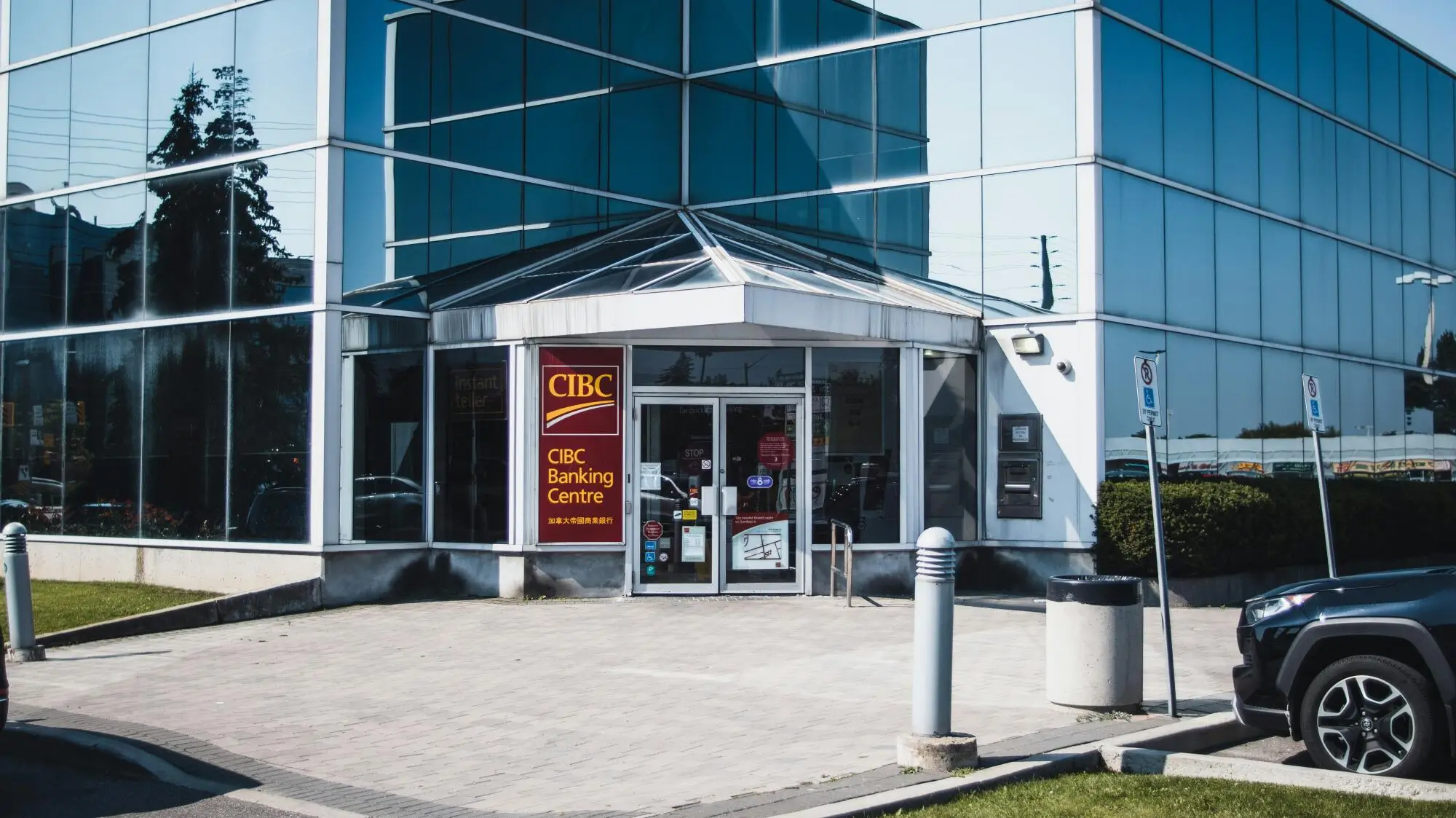What steps are you taking to protect your rental property in Akron, Ohio?
Like many landlords, you check rental applicants' backgrounds to ensure you're getting the best tenants. Tenant screening is indeed vital for protecting your property, but it's not enough. Even a long-time tenant who's been anything but reliable can become chaotic out of nowhere and cause malicious damage to your property.
What additional protective measures can you take? Purchase landlord insurance.
Insuring your rental property might not be the first thing that comes to mind, especially if you're looking to minimize your property ownership expenses. Still, it can be the one thing that saves you from major financial loss.
Read on to learn more about insurance for landlords.
What Does Landlord Insurance Cover?
A residential rental property faces most of the risks your home faces, including fire damage, weather damage, and equipment damage. Beyond this, a rental property, being a business, can undergo operational disruption, resulting in loss of income.
Landlord insurance, like homeowners' insurance, covers physical damage caused to the property by events like vandalism, fire, and natural disasters.
However, specific policy terms and conditions vary from policy to policy. For example, some rental property coverage providers don't cover flood damage in their basic policies. Policyholders may need to purchase add-ons to get comprehensive coverage.
Landlord insurance also provides liability protection. Your rental property will host tenant(s), and from time to time, repair and maintenance professionals will be on site. Anyone can be injured on your property, and you could be held responsible if you were negligent.
Loss of rental income is another feature of most landlord policies. If the property becomes uninhabitable, such as after storm damage, your policy will compensate you until the property is in a habitable state.
Choosing the Right Policy for Your Property
Property protection plans aren't created equal. As an owner, you have to shop around to find the perfect policy for your rental.
The important things to consider include:
- Type of property, i.e., multi-unit apartment, single-family home, etc
- Location
- Your budget.
Unlike a single-family property, a multi-unit building might need different types of policies for comprehensive coverage. You also want to ensure that an insurer has the capacity to cover your building if it's a multi-million complex.
If the property's location presents certain risks, such as storm damage, ensure you're getting a policy with greater coverage limits for that particular risk.
Before buying an insurance policy, hire a competent inspector to assess the property and identify any hazards that could compromise your coverage. Disclose any such hazards to the insurers. When filing a claim, your insurer can reject it if they identify that the damage was caused by an issue that wasn't disclosed.
Landlord Insurance Is a Vital Investment
Although landlords are not legally mandated to have landlord insurance, it's in your best interest to get you and your property covered. It protects you from financial losses that can put you out of business.
Investing in a rental property requires expertise. Here at PMI Cuyahoga Valley RAL, we can help you make successful investments. As a real estate management company that provides real estate brokerage services and professional property management, we have everything you need.
Contact us to speak with one of our professionals.


